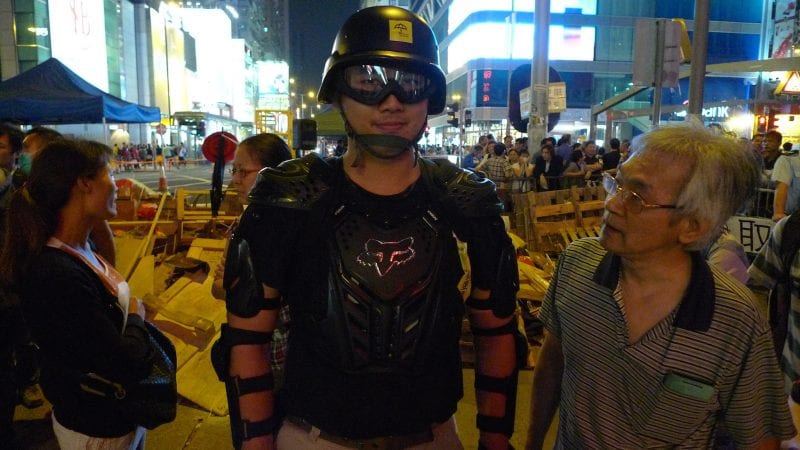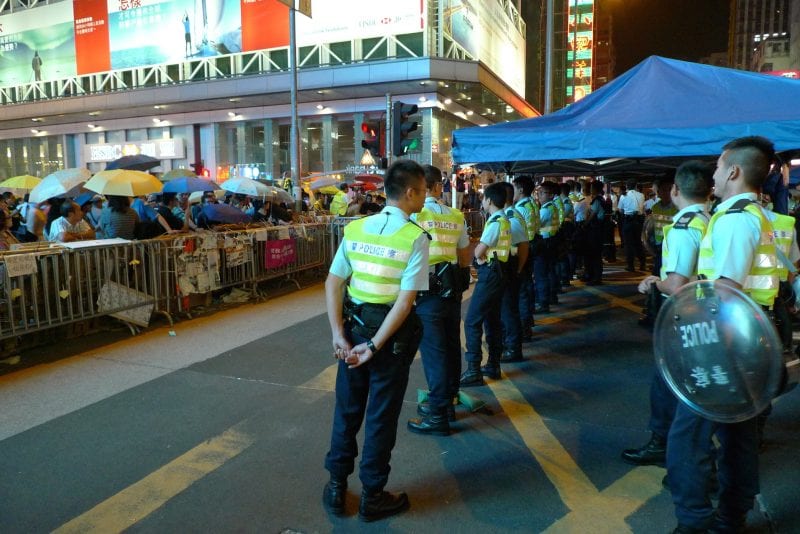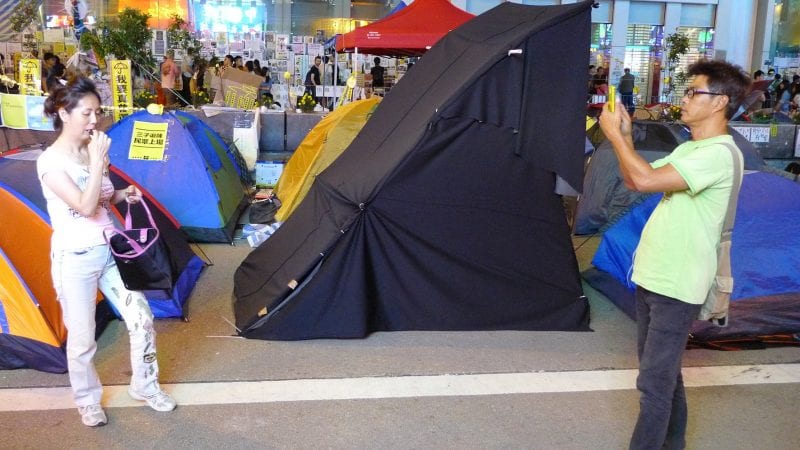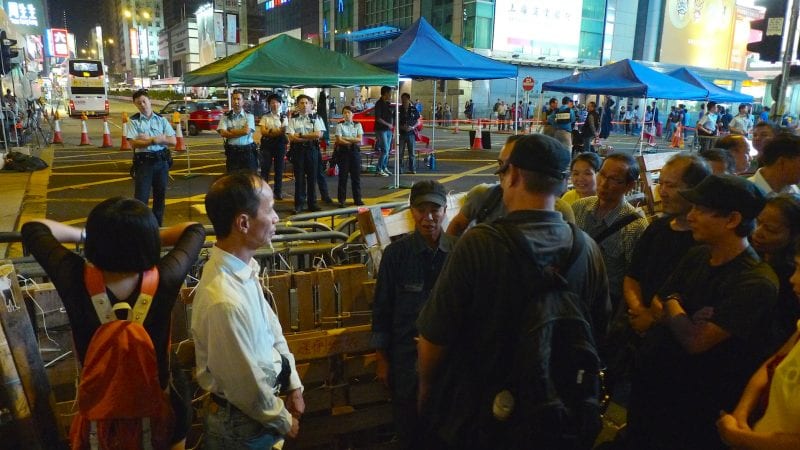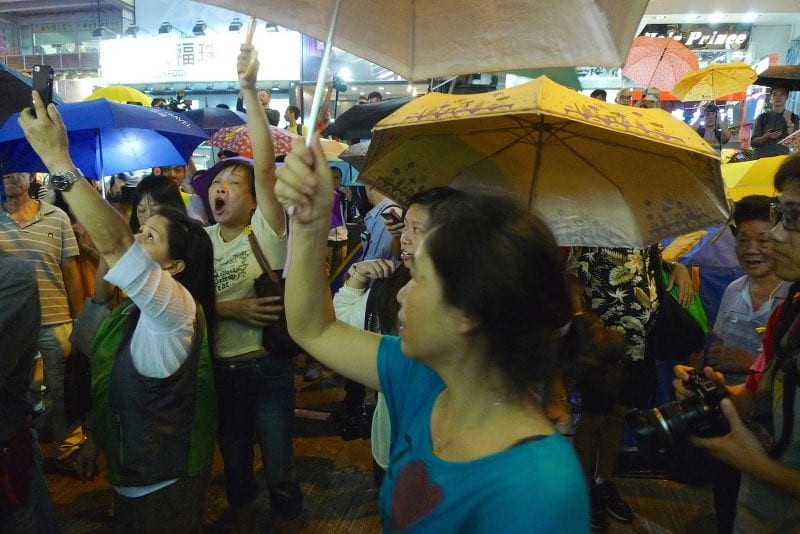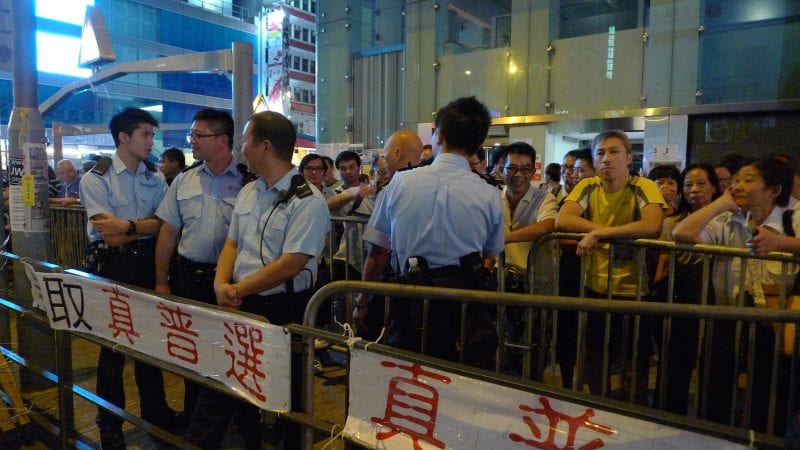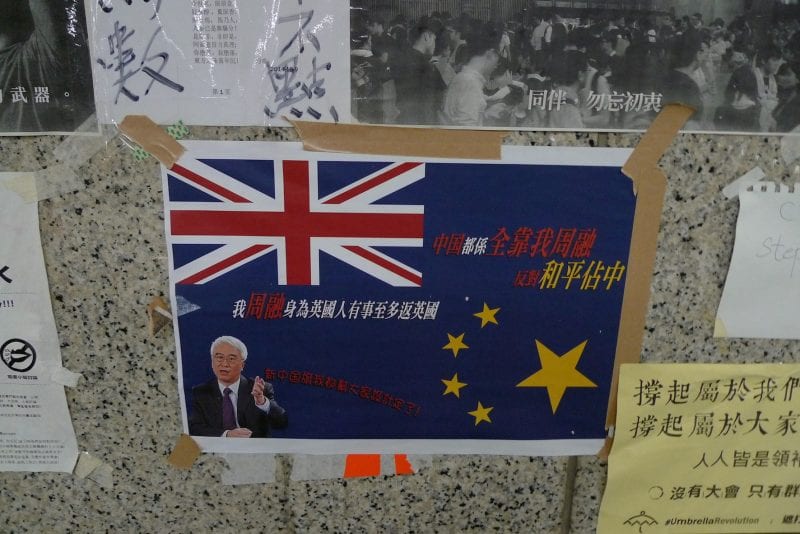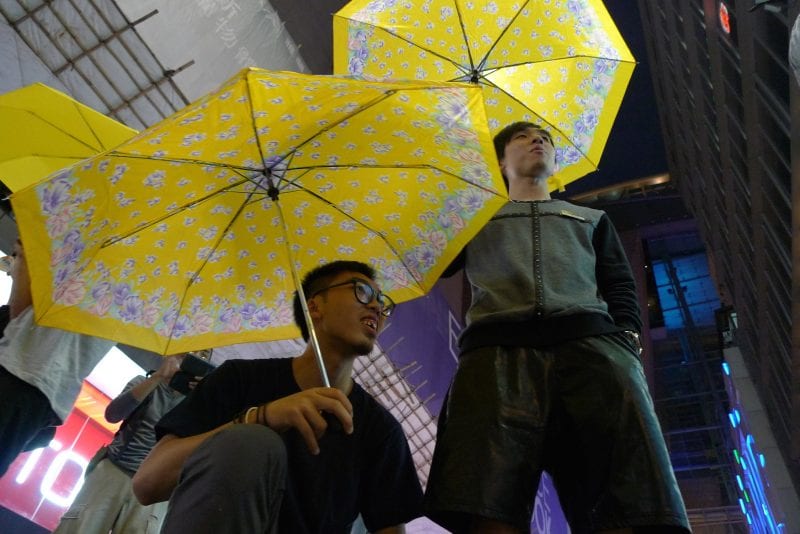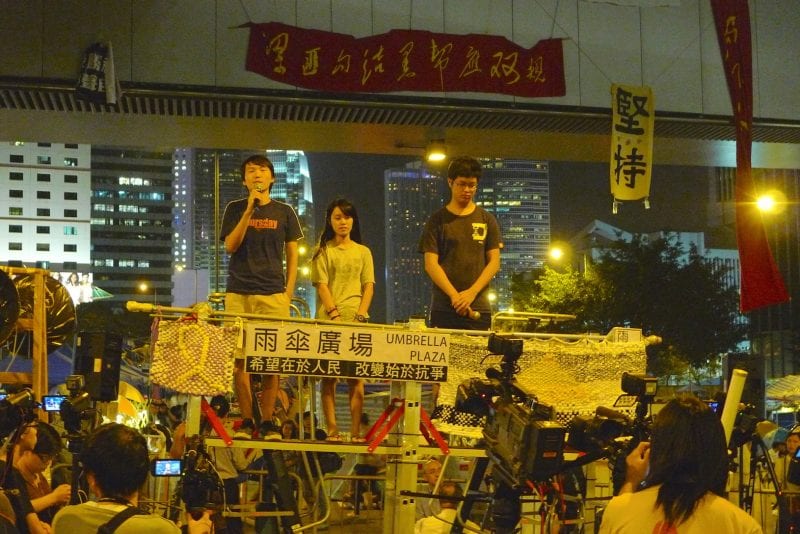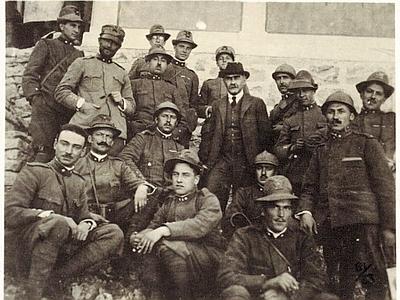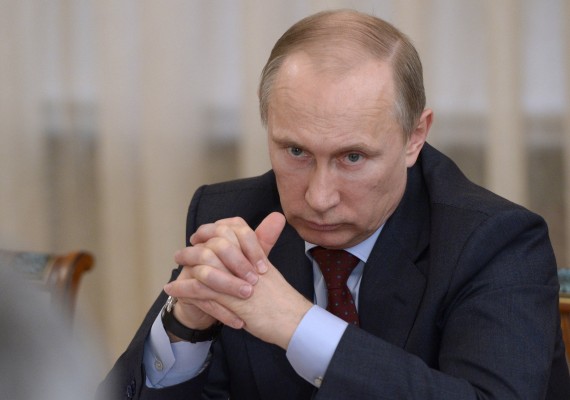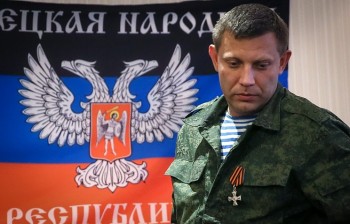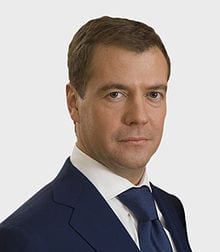A Snake Cannot Change Its Markings
[dropcap]O[/dropcap]r if you prefer (to be tactful), a leopard cannot change its spots–but either way, skipping to the chase, the Obama administration, signals coming out of possible staff changes, it wouldn’t matter, the nature of the beast being the narrowed bounds of counterrevolution, global hegemony, surveillance, a clogged stream of war, intervention, deregulation, assassination, within whose confines America is pushing the envelope of 20th century fascism dressed as 21st century liberal humanitarianism. Markings/spots don’t wash off. The beast, the Democratic party, has inscribed in its DNA from Truman through Obama a core of antiradicalism happily transmuted into fervid anticommunism then, not skipping a beat, because the same essential political-ideological formation holds, counterterrorism, and now exemplar of democracy conferring world leadership. With baseness of this character, who needs Republicans? The country’s Capitalist Soul can be fully entrusted to Democrats, even more so, because the level of sophistication creating deception and false consciousness is even greater. And radicalism? Where did that disappear to? Swept by the same stream into the river Styx.
ALWAYS CLICK ON IMAGES TO EXPAND THEM
Mark Landler’s New York Times article, “Obama Could Replace Aides Bruised by a Cascade of Crises,” (Oct. 30), conjures up dedicated officials worn out from fighting the good fight (never fully identified by either him or them, except as perhaps against a generalized, amorphous terrorism) on track, yet forced by world circumstances to address simultaneous multiple crises none of our own making. Landler puts well the sense of Innocence backed against the wall (no doubt the prevalent feeling—who us? did we do anything wrong?) possibly necessitating staff changes, not because of false policy decisions made having war-crimes implications, but simply, exhaustion in the service of the country. He writes: “At a time when the Obama administration is lurching from crisis to crisis—a looming Cold War in Europe, a brutal Islamic caliphate in the Middle East and a deadly epidemic in West Africa—it is not surprising that long-term strategy would take a back seat. But it raises inevitable questions about the ability of the president and his hard-pressed national security team to manage and somehow get ahead of the daily onslaught of events.”
I beg to differ. “Hard-pressed,” perhaps; meetings for planning drone assassination, covert operations, identifying and magnifying an Enemy (to justify the military implementation of US global management, financial-commercial penetration on an expanding basis, and assuring social docility at home through stoking an appetite for foreign conquest), can be exhaustive work. The Obama engine of Imperialism never shuts off. From the administration’s standpoint, the good thing, however, is that the supply of certifiable planners-ideologues never shuts off—as though a mold has been created, at Harvard, think tanks, or the swamplands of liberal/Centrist politicians never long out of public service. Credentials are easy to obtain: passing the f-scale (fascism) of the Adorno, et. al., Authoritarian Personality study, CIA-Pentagon experience, and proven hard-line attitudes and performance in previous administrations. The supply of those eager to prove their mettle by going up against Putin and Li is seemingly inexhaustible.
The Obama engine of Imperialism never shuts off.
But “lurching,” emphatically not; a consistency of aggressive design (our concern here is foreign policy, but the consistency in domestic policy interrelated with but distinct from the former should be noted), the rhetorical liberalization of imperialism, and ingrained convictions of inevitable Great-Powers conflict which places preemptive nuclear war tucked away on the near-margins of political discourse yet ready for use at all times, all signify the defining contours, indeed, the entrance gate and ticket of admission to Team Obama. Peaceniks are not wanted. Stay out. The reason this is not noticed is the unexceptional character of the foreign-policy paradigm. It’s been around a long time. Obama vibrates at one with the American people on the rawness, assumptions, and underlying edge favoring global hegemony (his low poll ratings partly a function of not sizing up the man properly, which is to say, his profoundly militaristic view of the world and comfort with the military and intelligence communities). What appears, then, as lurching can be attributed to the one factor a fascist-inclined mind-set (here, toss in the whole team, from Rice and Power to Brennan, Dempsey, right—and I mean right—down the line to agency heads, speechwriters, public intellectuals, etc.) never seems to reckon with: the consequences of policy, i.e., commonly known as blowback, but in addition, the temerity of those wronged and violated to want to fight back.
Obama’s record is not one of ineptitude, as some seem to think, but rock-bottom counterrevolution in order to keep the US on top of the power pyramid.
ALWAYS CLICK ON IMAGES TO EXPAND THEM
 ABOUT THE AUTHOR
ABOUT THE AUTHOR
Norman Pollack has written on Populism. His interests are social theory and the structural analysis of capitalism and fascism. He can be reached at pollackn@msu.edu.
NOTICE: YOUR SUBSCRIPTIONS (SIGNUPS TO OUR PERIODICAL BULLETIN) ARE COMPLETELY FREE, ALWAYS. AND WE DO NOT SELL OR RENT OUR EMAIL ADDRESS DATABASES.


